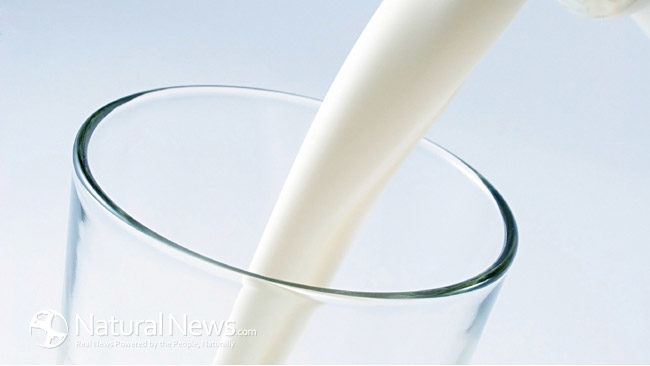In a recent article by Thomas M. Campbell MD (2014) About Milk, a large study conducted in Sweden found that those who drank the most milk actually had more bone fractures. Higher dairy consumption has also been linked to prostate cancer, ovarian cancer, diabetes, multiple sclerosis, increased cholesterol levels, acne, constipation, food allergy (lactose intolerance), and inflammation, which can accelerate aging. Furthermore, the main protein in milk (casein) has been shown to promote cancer
Interestingly, the study found that fermented milk products (cheese and yogurt) significantly decreased mortality and fractures among these women. For each serving of these fermented dairy products, the rate of mortality and hip fractures was reduced by 10-15%. The researchers pin the negative effects of liquid milk on D-galactose, a breakdown product of lactose that has been shown to be pro-inflammatory. Milk has much more D-galactose than does cheese or yogurt.
I am surprised that this study garnered so much mass media attention upon its release, as it highlights the deleterious side of milk, but I also think it is important to keep the findings in context.
12 Frightening Facts About Milk
- In observational studies both across countries and within single populations, higher dairy intake has been linked to increased risk of prostate cancer.
- Observational cohort studies have shown higher diary intake is linked to higher ovarian cancer risk.
- Cow’s milk protein may play a role in triggering type 1 diabetes through a process called molecular mimicry.
- Across countries, populations that consume more dairy have higher rates of multiple sclerosis.
- In interventional animal experiments and human studies, dairy protein has been shown to increase IGF-1 (Insulin-like Growth Factor-1) levels. Increased levels of IGF-1 has now been implicated in several cancers.
- In interventional animal experiments and human experiments, dairy protein has been shown to promote increased cholesterol levels (in the human studies and animal studies) and atherosclerosis (in the animal studies).
- The primary milk protein (casein) promotes cancer initiated by a carcinogen in experimental animal studies.
- D-galactose has been found to be pro-inflammatory and actually is given to create animal models of aging.
- Higher milk intake is linked to acne.
- Milk intake has been implicated in constipation and ear infections.
- Milk is perhaps the most common self-reported food allergen in the world.
- Much of the world’s population cannot adequately digest milk due to lactose intolerance.
Source of Article include:
http://www.peaceandfitness.com





